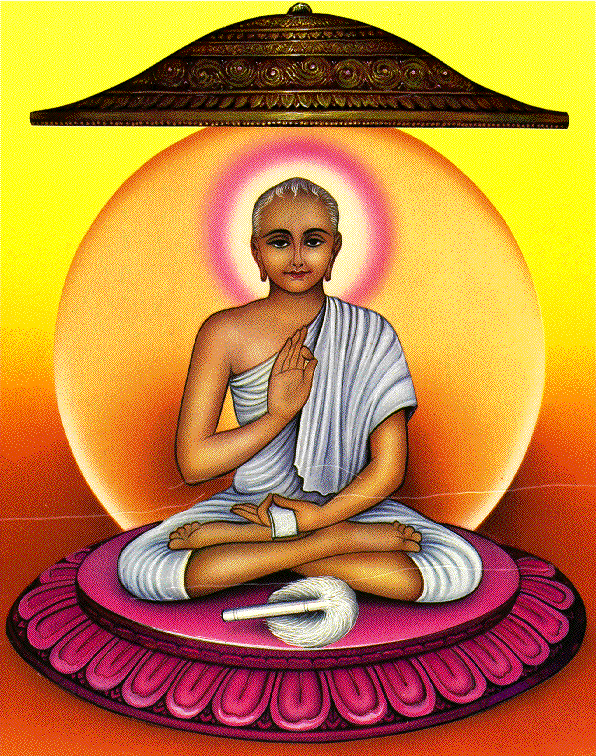Principles of Jainism – The following is a brief summary of Jainism’s fundamental principles:
- The dual nature of man’s personality—physical and spiritual—is the first fundamental tenet of Jainism. Jain reasoning respects that each unremarkable soul is limited by inconspicuous particles of issue known as Karma all along. It takes into account the fact that mundane souls and the Karma bondage from eternity are found in the same way that gold is found in an alloy form in the mines. As a result, the mundane soul’s impurity is considered an existing condition.
- The first principle serves as the foundation for the second principle—that man is not perfect. The existence of Karma in a person’s soul is said to be the cause of his or her imperfection. The human soul has the potential to become perfect, and when it does, it is endowed with the following four characteristics: Ananta-darsana, Ananta-Jnana, Ananta-virya, and Ananta-sukha, or infinite faith or perception, knowledge, power, and bliss.
- According to the third principle, even though man is not perfect, he can and must control his material nature through his spiritual nature. The soul can only achieve perfection, freedom, and happiness when it is completely subjugated to matter. It is firmly argued that man will be able to master his senses and thoughts and navigate the ocean of births to perfection.
- The last fundamental principle emphasizes that only an individual can separate his or her soul from the material world. No other individual can effect the separation. This indicates that man is solely responsible for his life’s good and bad aspects. He cannot excuse himself from having to bear the consequences of his actions. Jainism stands out from other religions like Christianity, Islam, and Hinduism because of this principle.
Human life cannot be tampered with by God, His prophet, representative, or beloved. Only the soul bears direct and necessary responsibility for everything it does. God is regarded as having no involvement whatsoever in the universe’s creation or events. The universe happens voluntarily. Jainism is accused of being atheistic due to its clear belief in God. Jainism does not believe that God created the universe, so this is true. However, Jainism cannot be categorized as atheism because it adheres to the doctrines of Punya and Papa, also known as merit and demerit, religious practices, and Godhood. The emancipated soul is regarded as God in Jainism, and it has nothing to do with the task of creating this world.




